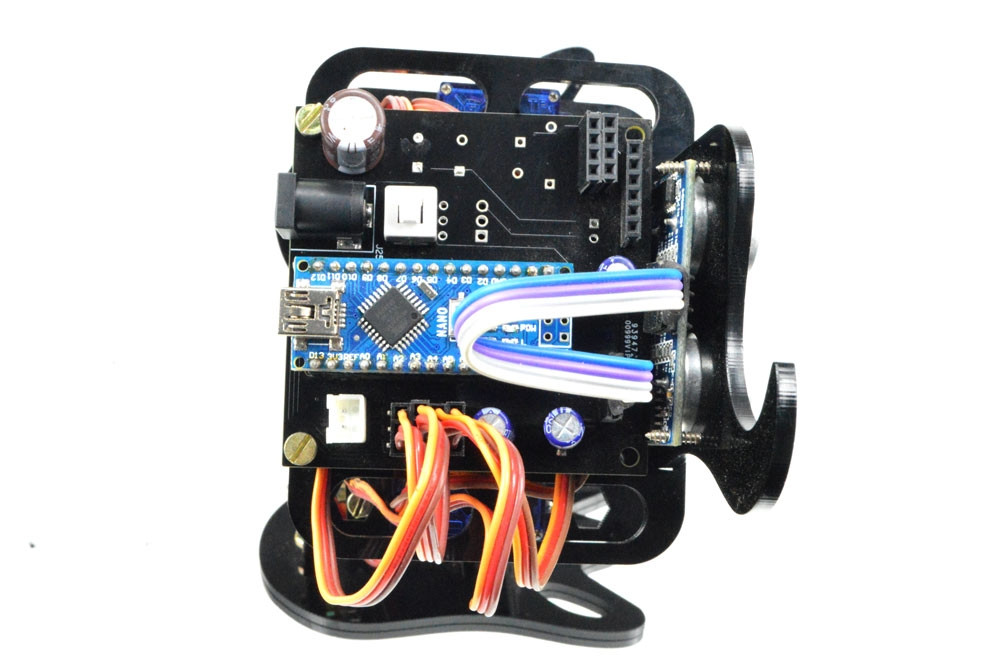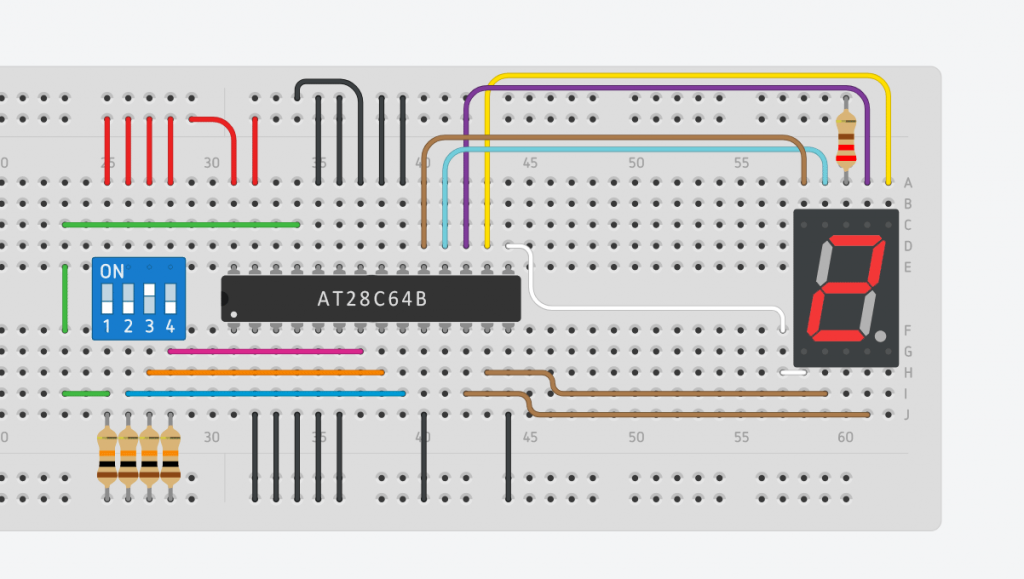Multi-chip Modules That Meet Growing High Performance and Miniaturisation Standards
https://makerv2.webteractive.co/blog/multi-chip-modules-that-meet-growing-high-performance-and-miniaturisation-standards
Due to the growing demand for compactness and greater efficiency in consumer electronics, Internet of Things, aerospace, defence, biotechnology industries and more, manufacturers face the challenge of designing systems with greater miniaturisation while being increasingly powerful. To achieve this, engineers must utilise smaller, more efficient components.
Smallest Ferrite Chips for Automotive Engineers with Improved Efficiency
https://makerv2.webteractive.co/blog/smallest-ferrite-chips-for-automotive-engineers-with-improved-efficiency
Murata Manufacturing has launched the world’s smallest chip ferrite beads: the BLM18SP_SH1 series. They are designed for engineers with the objective of aiding automotive power supply applications.
Wafer-Scale Chip to Power Edinburgh Supercomputer
https://makerv2.webteractive.co/blog/wafer-scale-chip-to-power-edinburgh-supercomputer
Edinburgh’s EPCC (formerly the Edinburgh Parallel Computing Centre) supercomputing facility has recently announced that it will be using the Cerebras CS-1, the world’s fastest artificial intelligence computer processing system, in the Edinburgh International Data Facility.
Intel’s 10nm Chips Are Finally Here — Amid Some Criticism
https://makerv2.webteractive.co/blog/intels-10nm-chips-are-finally-here-amid-some-criticism
Early coverage of Intel's first processors made in its delayed 10nm node have been mixed, with many saying that the improvements are modest. Have they been worth the wait?
Intel’s ‘Horse Ridge’ Chip and What It Could Mean for the Future of Quantum Computing
https://makerv2.webteractive.co/blog/intels-horse-ridge-chip-and-what-it-means-for-the-future-of-quantum-computing
During the last couple of years, corporations in collaboration with researchers have been working in the field of quantum computing. Notable examples are IBM Quantum, Microsoft’s Azure Quantum, and Google’s Sycamore, to name just a few. The category also includes Intel’s partnership with QuTech in their research and development into quantum computer control circuitry.
Intel Acquires AI Chipmaker Habana Labs to Scale Development
https://makerv2.webteractive.co/blog/intel-acquires-ai-chipmaker-habana-labs-to-scale-development
Intel takes control of Habana Labs in a $2 billion deal destined to accelerate the company’s efforts in the AI chip market.
How a Novel LED Chip Has Minimised a Common Chip Problem: ‘Efficiency Droop’
https://makerv2.webteractive.co/blog/how-a-novel-led-chip-has-minimised-a-common-chip-problem-efficiency-droop
LEDs may be a leading light source, but their traditional chip architectures are subject to a form of inefficiency known as ‘efficiency droop’. We look at how a new chip architecture developed by IBM, NIST (the National Institute of Standards), Rensselaer Polytechnic Institute, and the University of Maryland, has minimised such inefficiency.
AI Startup Groq Designs Chip to Support Performance Demands of Leading AI and ML Applications
https://makerv2.webteractive.co/blog/ai-startup-groq-designs-chip-to-support-performance-demands-of-leading-ai-and-ml-applications
Groq, a high-profile AI startup, has recently claimed that it has developed a single chip architecture capable of delivering 1PetraOps/second.
Combatting the Inverse Relationship Between Chipset Size and Defect Detection Rates
https://makerv2.webteractive.co/blog/combatting-the-inverse-relationship-between-chipset-size-and-defect-detection-rates
As chip designs shrink and become increasingly complex, fabricators are facing mounting challenges over quality control. Spotting defects is integral to guaranteeing high yields and consistent performance. Manufacturers must utilize inspection processes that keep pace with chipset innovations.





